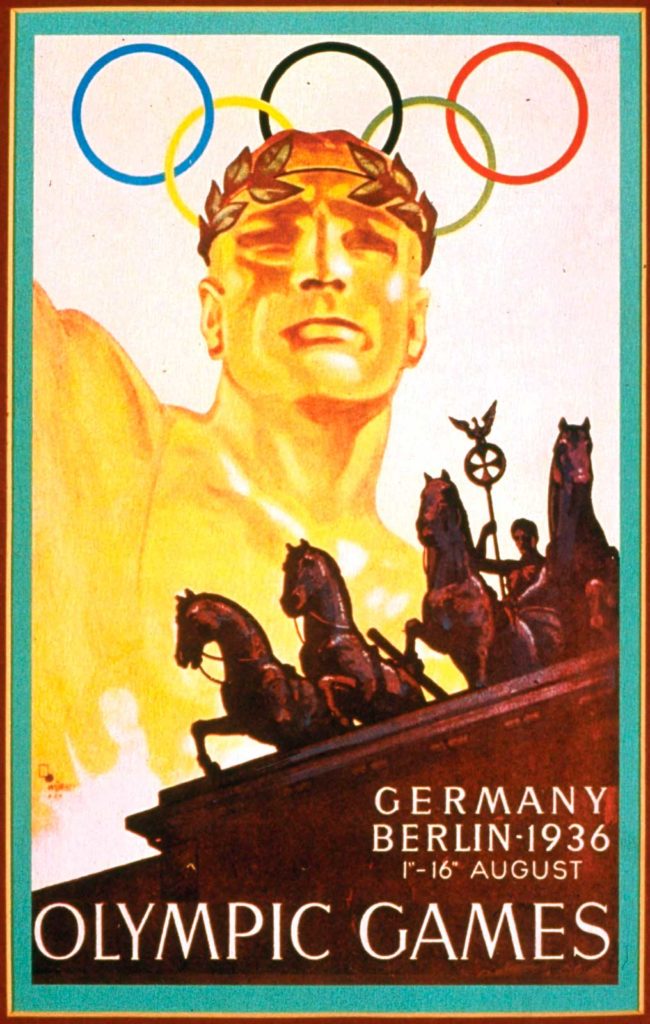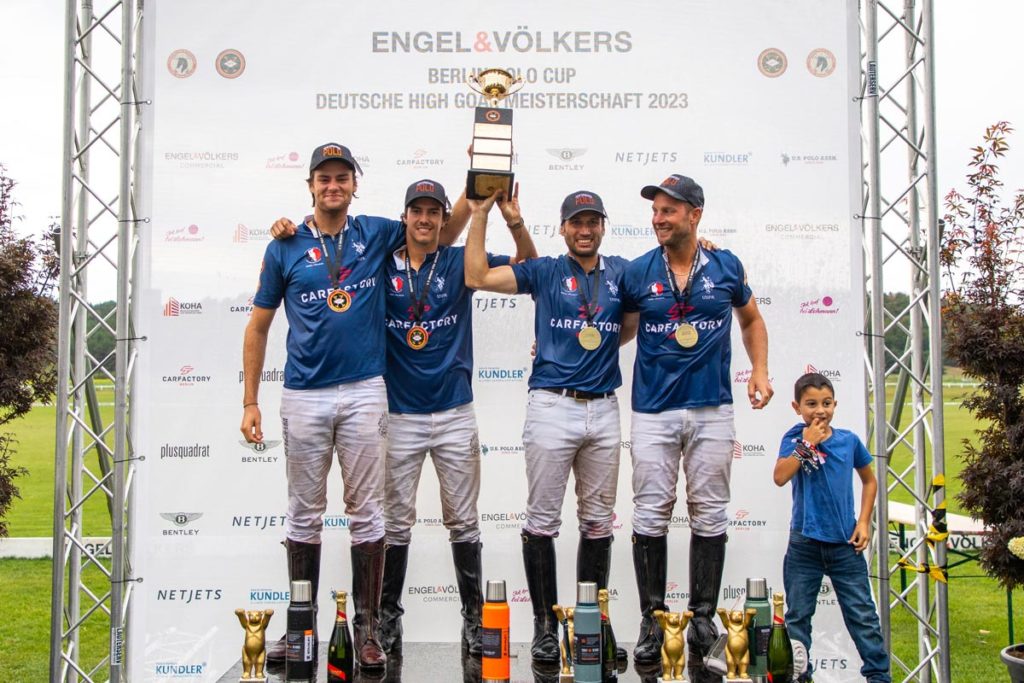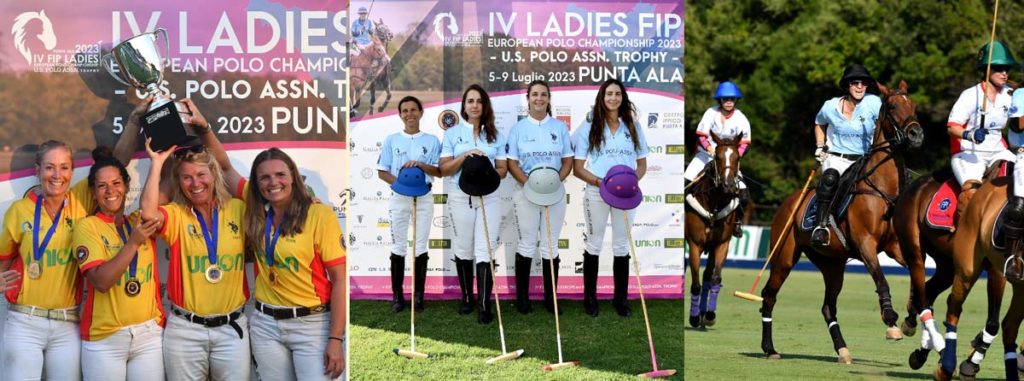Polo first reached Germany in the mid 1890’s through Hanseatic merchants who learned of its growing popularity throughout England. Shortly after, the Hamburg Polo Club was founded in 1898 in today’s Derby Park. Realizing the exponential growth in the popularity of the sport, Germany quickly moved to international play. In 1902, the Hamburg Polo Club invited teams from Budapest, Hurlingham, and St. Petersburg to participate in a tournament that would inspire the growth of several new polo clubs across the following years in Frankfurt (1902), Bremen (1904), and Berlin (1906). Due to World War I, polo was not played for several years and would not regain its popularity until the 1936 Olympic Games in Berlin.
Polo’s Last Olympics
The 11th Olympic Games were held in Berlin in 1936 at the Maifeld stadium. The location for the games was awarded to Berlin by the International Olympic Committee in 1931 as an attempt to bring Germany out of isolation following the end of WW1. However, as the start of the Games approached, it became clear that the Nazi party would utilize the Games as propaganda for Aryan superiority, which made Jesse Owens’ historic performance as an African-American athlete competing for the United States, all the more significant. In addition, the 1936 Olympics would also become known as the last Olympics to include the sport of polo.

The final Olympic polo competition had a unique organization. Argentina, Great Britain, and Mexico competed in one group with Germany and Hungary in the other. Great Britain was the only country to play polo in all five Olympics. Argentina and Mexico had both played once before, and Germany and Hungary debuted in 1936. In the end, Argentina took Gold, Great Britain took Silver, and Mexico took Bronze. With more than 45,000 spectators attending the final match, polo was the most popular event of the 1936 Olympic Games. Unfortunately, with the onset of WW2, this popularity was cut short until 1950 when the British Allies stationed in Germany created what is now known as the British Forces Germany Polo Club. Through their efforts, polo became a salve over the wounds to British and German post war relations.
The German Polo Association & The Berlin Maifeld Polo Cup
The German Polo Association (DPV) was founded in 1972 and will be celebrating their 50th Anniversary at the upcoming FIP European Polo Championship in Dusseldorf in September.
At the time of its initiation, the DPV donated a solid gold cup, which is now awarded annually to the winners of the German High Goal Polo Championship or Maifeld Cup. The winners of the gold cup bear the title: “German Polo Champion of the High Goal Class”. This amazing 10-day tournament is widely known across Europe as one of the most high-profile events. Welcoming eight teams and several thousand spectators to its historic location just beyond the Berlin Olympic Stadium. The ENGEL & VÖLKERS Berlin Maifeld Polo Cup began in 2010 and has a vast history. U.S. Polo Assn. has been the official supplier of performance jerseys for all teams for several years alongside high profile sponsors like Bentley, NetJets and Plusquadrat.

Big Wins for Team Germany
Recently, in the IV FIP European Polo Championship in July 2023, Team Germany brought home the U.S. Polo Assn. trophy and secured the title.
Next up in September is the XIV FIP European Polo Championship at the Polo Club Düsseldorf . This will be one of the highlights of the German polo calendar and will mark the 50th anniversary of the German Polo Association.

Written in collaboration with Lily Brennan
